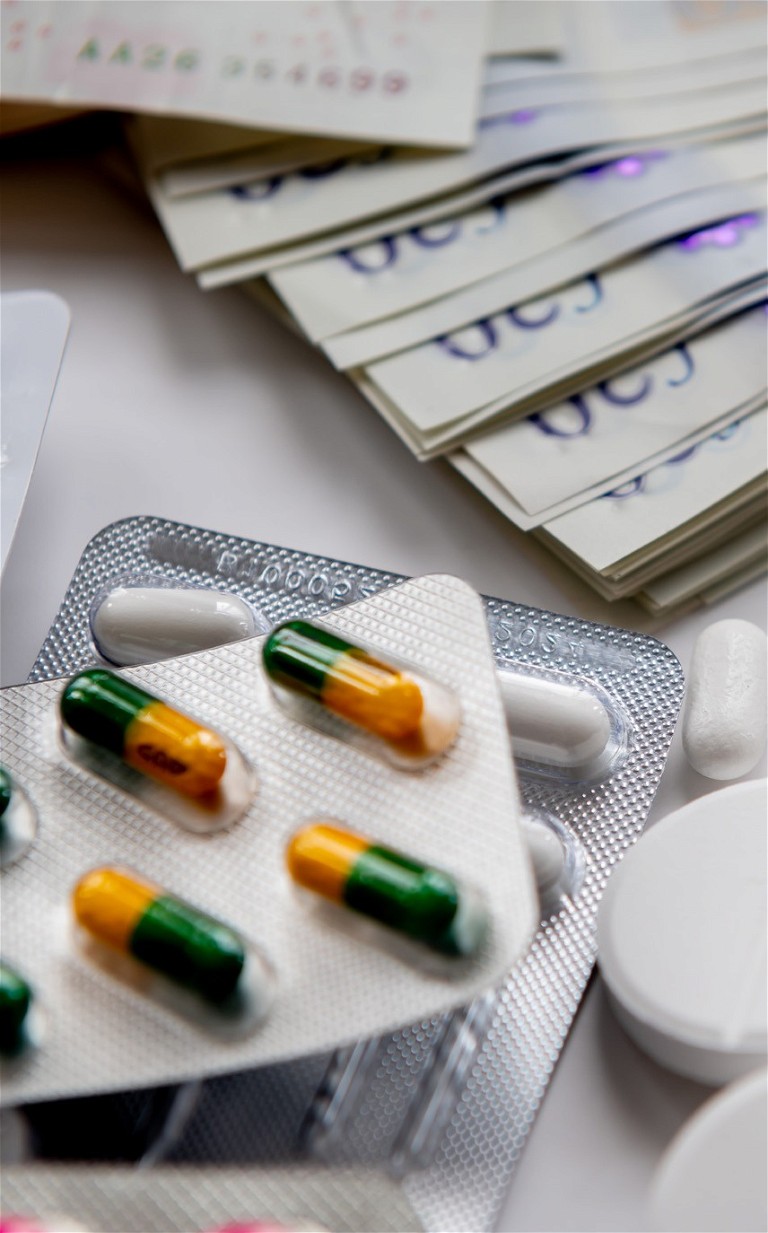News
Report finds NHS may miss out on new drugs due to rising costs
Figures from a team at the University of York, the London School of Economics and Political Science (LSE), and the London School of Hygiene and Tropical Medicine (LSHTM) have revealed that the total cost of prescription medicines to NHS England reached a new high of £17.2bn in 2021-22, and that since 2018, NHS spending on branded medicines have been increasing by over 5% annually.

Much of that growth is due to increased spending on hospital-prescribed medicines ‒ this rose 35% from £6.7bn to £9.1bn between 2018 and 2022.
The Voluntary Scheme for Branded Medicines Pricing and Access (VPAS) sets an annual cap on the total allowed sales value of branded medicines to the NHS. Under the current scheme, which ends in 2023, the cap grows 2% annually, and any sales above the cap are paid back to the government. However, there is much contention between the pharmaceutical companies and the NHS around the VPAS, with companies arguing that the VPAS, in its current form, may limit or delay the availability of new medication in the UK.
The report contends that it would be costly for pharma companies to remove themselves from the UK market as the NHS has historically been a reliable market for them. It also raises points such as the Medicines and Healthcare Products Regulatory Agency (MHRA) being one of the fastest regulators globally; the National Institute for Heath and Care Excellence (NICE) recommending most new medicines it appraises to the NHS; and that new drugs are already exempt from VPAS for three years after their launch.
Dr James Lomas, from the University of York’s Department of Economics and Related Studies, said: “We have to face the reality that the NHS does not have unlimited resources and the more money we spend on medicines, the less money we have for other medicines, treatments and services that already offer significant health benefits in the NHS.”
Beth Woods, from the University of York’s Centre for Health Economics, said: “Incentivising the development of new medicines is important, but the right balance needs to be struck given other NHS priorities – especially at a time when budgets are tight. Doing this requires sharing the value of medicines between providing rewards to the pharmaceutical industry and generating health benefits for patients in the NHS. The pharmaceutical industry is currently getting too big of a slice of the pie.”